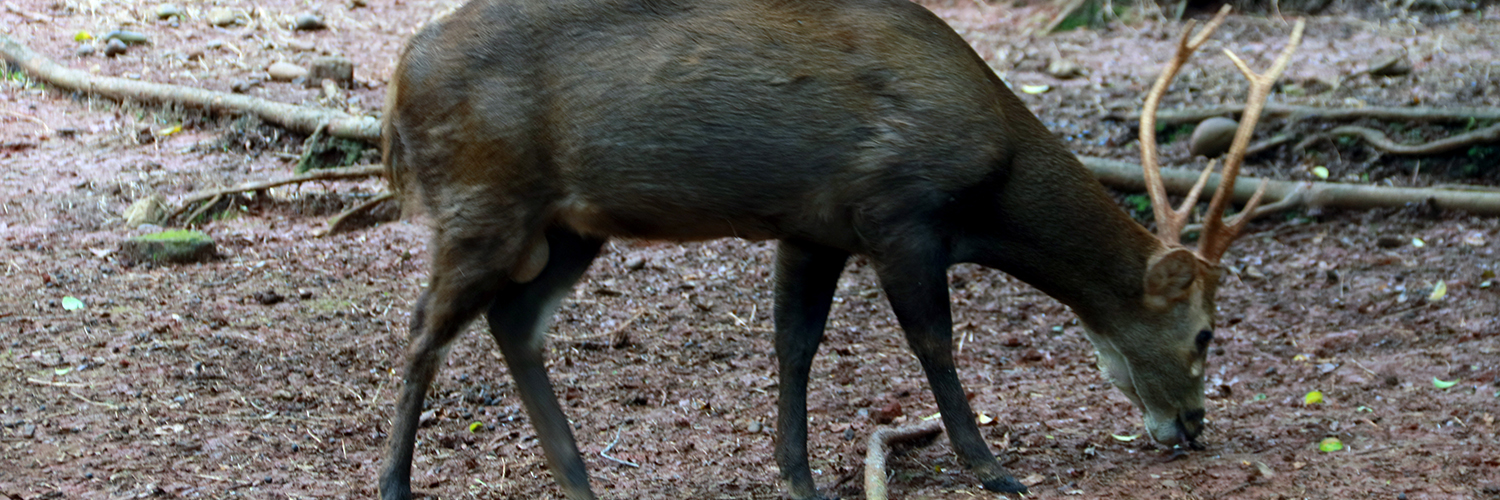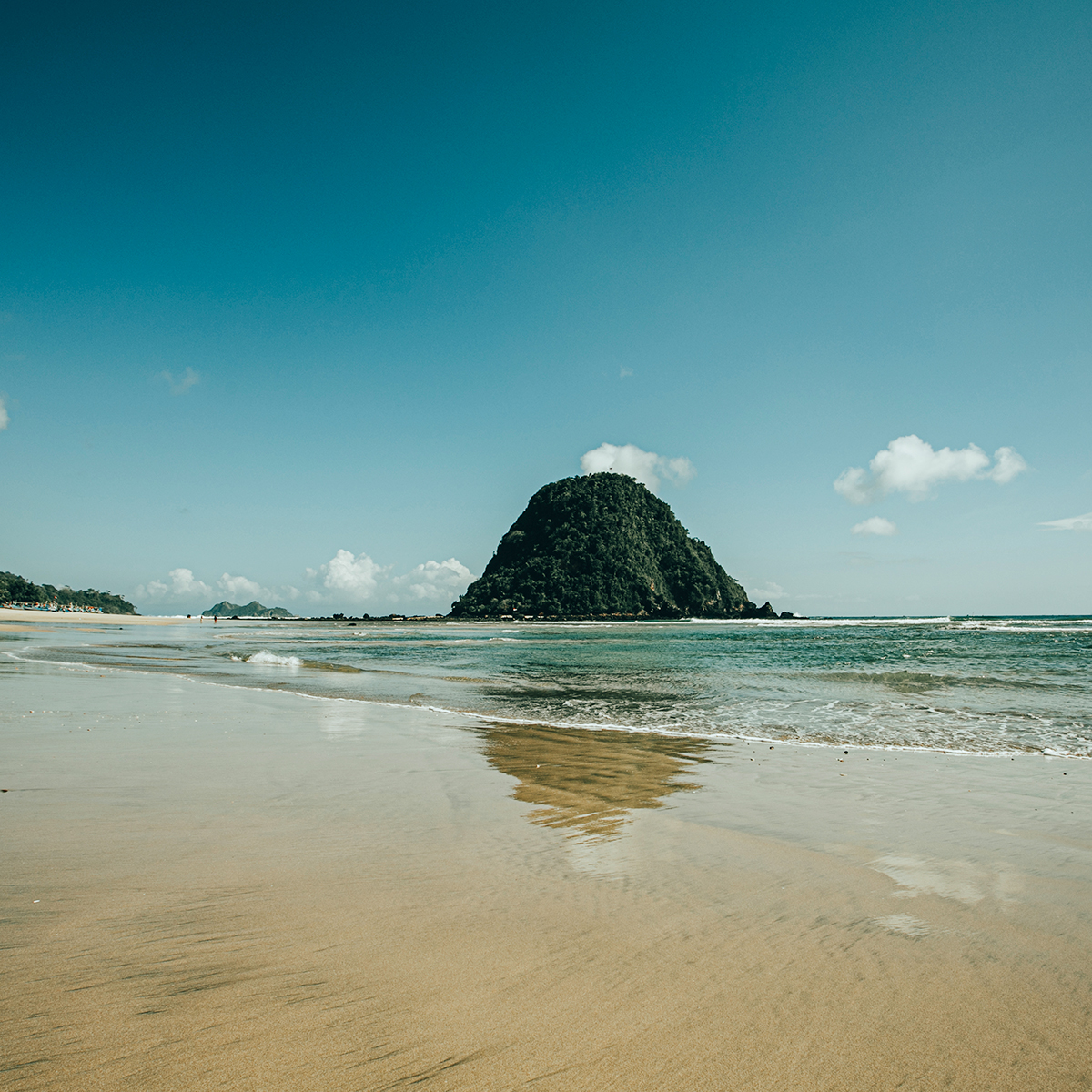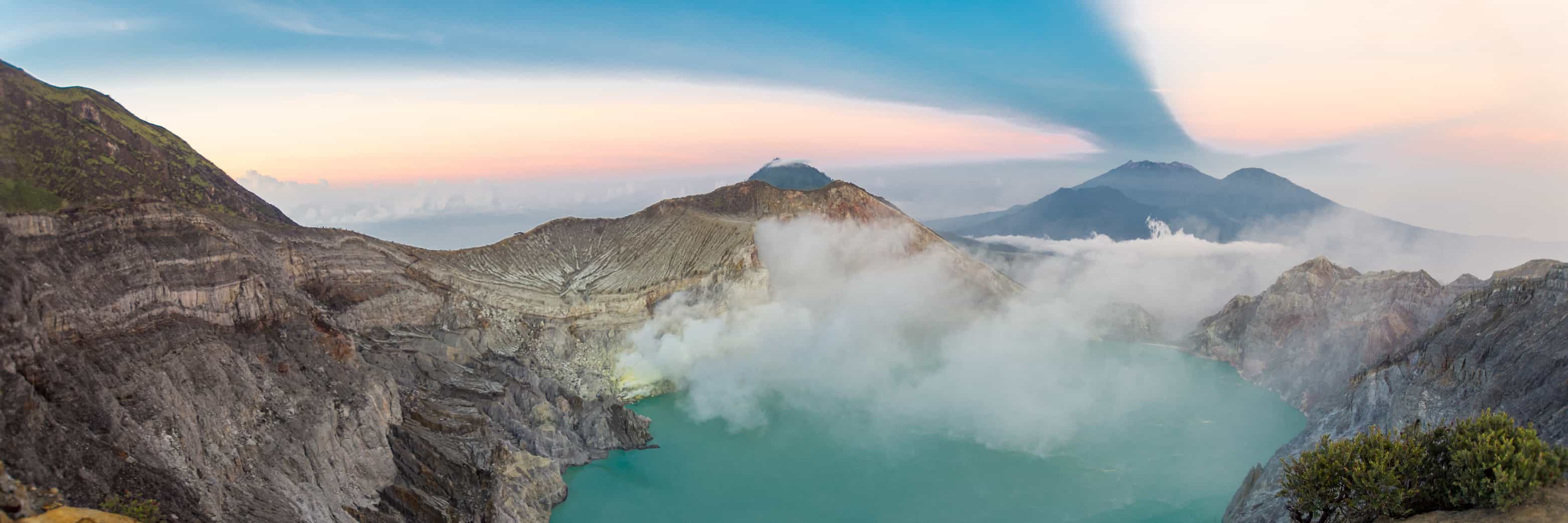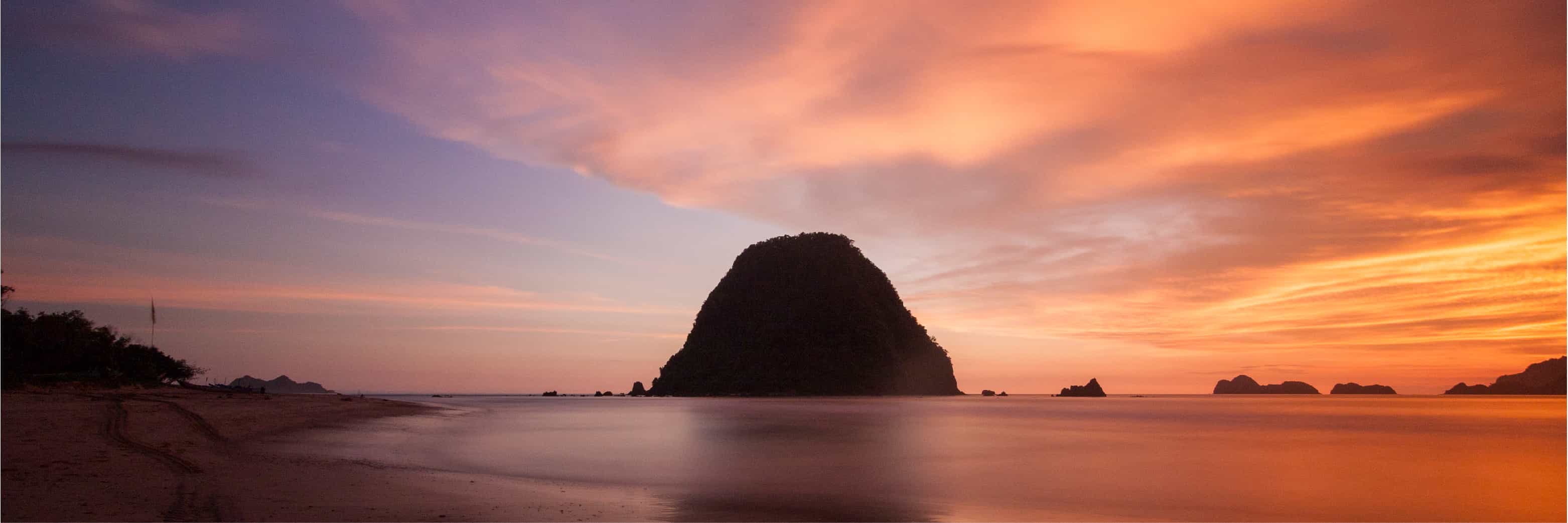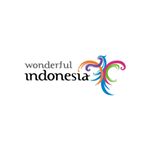Banyuwangi has long been the surfer's paradise of barrel waves, perfect winds and pristine beaches. Located in the easternmost side of Java Island, here is also the port to catch your ferry between Java and Bali. Renowned for the intriguing Diamond Triangle that consists of the Ijen Crater, Alas Purwo National Park and Meru Betiri National Park, each cradles the most spectacular view that you would not want to miss. Today, ecotourism destinations are blossoming to provide a unique experience of the locals' life.
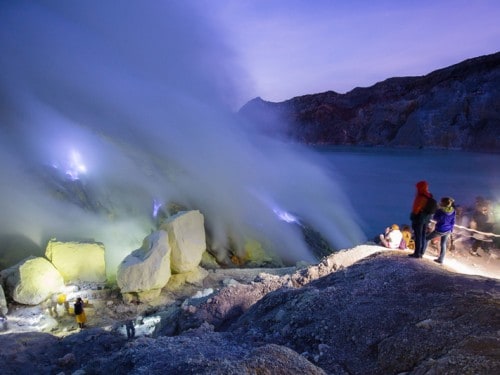
Coffee and Banyuwangi date back to the 17th century, when the Dutch grew the seeds to be cultivated here and traded in Europe at huge profits. Several areas known to produce high grade coffee are Tamansari, Gombengsari, Kalibendo, Ijen, Raung, Kalibaru, Glenmore and Telemung. Every site produces specific brands of local coffee in an effort to promote each a different kind of fine quality coffee. Telemung is known for Omah Kopi, a local brand that has expanded its production to international markets for itsfamous wild Luwak Coffee.
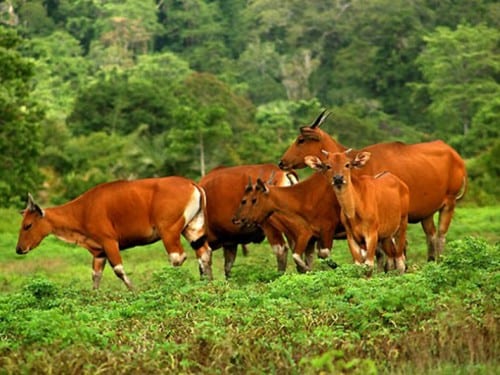
Photo source : www.wildcattleconservation.org
Where is Telemung?
Starting Mid June, There will be direct flights from Jakarta to Banyuwangi on Garuda Indonesia starting 21 June, and on Nam Air starting 16 June, but you can also fly to Banyuwangi from Surabaya, capital of East Java. Else, you can travel to Banyuwangi from Surabaya by train, or choose a 6 hours' ride on overland bus. From Bali you can also take a ferry from Gilimanuk on the western part of Bali.
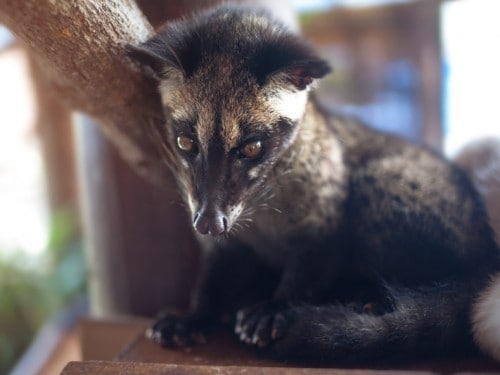
Telemung is perched on the slope of the Ijen Mountain and is developed to become an attractive ecotourism resort. Covering an area of 550 hectares, it consists of 5 villages namely Dusun Gedor, Dusun Krajan, Dusun Telemung Sari, Dusun Watugepeng and Dusun Wonosuko. From the airport or terminal in Banyuwangi city, you can easily get a taxi towards Telemung .
Why Telemung?
Telemung's main product is coffee, with 330 hectare of plantations run by local farmers. "With Omah Kopi at center space of Telemung's coffee making, it is a huge hope that the knowledge sharing of coffee processing will also be taught to students as early as elementary school. Since coffee is an important commodity, the children should understand every detail of the process, enjoy each step and hopefully be inspired to become local coffee entrepreneurs who can raise the village economy in the future" mentioned by Banyuwangi's Regent, Abdullah Azwar Anas during his visit at Telemung.
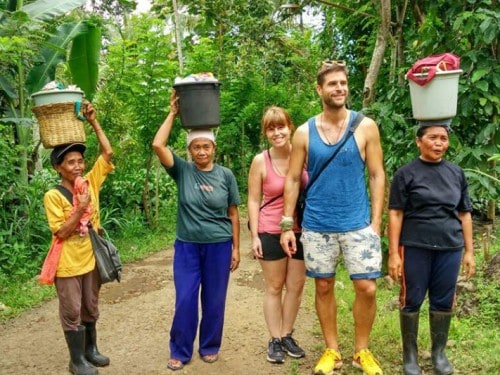
Photo source : www.banyuwangi.merdeka.com
Three types of coffee flourish in this area, they are the Arabica, Robusta and Excelsa coffee. Each produces a unique aroma and flavor. Banyuwangi's atmosphere is influenced by the sulphuric vapours that emanate from the Ijen crater and the salty minerals from the Bali Straits, both adding a unique taste to the coffee berries planted here.
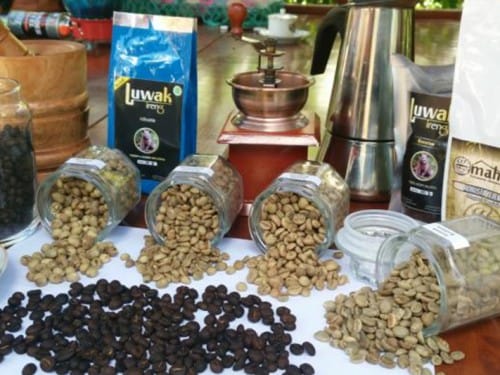
Photo source : www.kinciakincia.com
Telemung's number one favourite product is the Luwak Coffee produced from Wild Civet's excretions. A cat-like mammal also named Paradoxurus hermaphroditus, it feeds only on the best ripe coffee cherries for its daily snacks. They pick, swallow and digest the sweet-fruity outer skin along with the fleshy pulp, leaving a fermented coffee beans in their excretion. The selective and digestive process taken by the beans produces exceptional and flavorful coffee. It should be noted that the best Luwak Coffee are beans that come from the wild civet and not from the farmed ones, because the wild civet is an omnivore that ideally feeds on plentiful food. The diversity of the foods the animal eats is the factor that enhances the taste of the processed excretion.
So why not visit Banyuwangi and sip a cup of some of wonderful, hot Luwak Coffee.
Photo source of header banner : www.jatengpos.co.id


